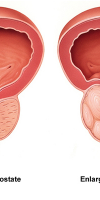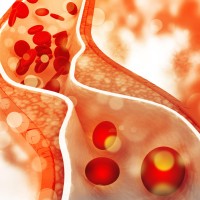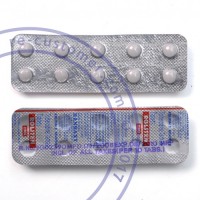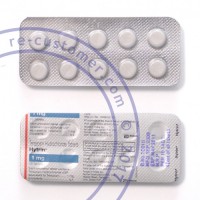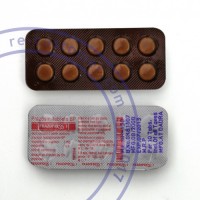What Are the Signs of a Prostate Problem?
- 29 March 2023 12:02:19
- Views: 1056
The prostate is a gland that is part of the male reproductive system. As men age, it is common for the prostate to enlarge and cause problems. The most common prostate problems include prostatitis, benign prostatic hyperplasia (BPH), and prostate cancer. It is important to know the signs of a prostate problem so that you can seek medical attention if necessary.
1. Frequent Urination
One of the most common signs of a prostate problem is frequent urination. This may include the need to urinate more often than usual, particularly at night. You may also feel like you need to urinate urgently and may have difficulty starting or stopping the flow of urine.
2. Pain or Discomfort
Pain or discomfort in the pelvic region or lower back may be a sign of a prostate problem. This may be accompanied by pain or discomfort during urination or ejaculation.
3. Blood in Urine or Semen
Seeing blood in your urine or semen can be a sign of a prostate problem. This may be a sign of an infection or inflammation of the prostate gland.
4. Erectile Dysfunction
Erectile dysfunction (ED) may also be a sign of a prostate problem. This may include difficulty achieving or maintaining an erection, or a decrease in sexual desire.
5. Weak Urine Stream
A weak urine stream or difficulty emptying the bladder completely may be a sign of an enlarged prostate. This is a common symptom of BPH, which occurs when the prostate gland grows and presses against the urethra.
6. Prostate Nodules or Lumps
In some cases, a prostate problem may be indicated by the presence of nodules or lumps on the prostate gland. These can be detected during a digital rectal exam (DRE) performed by a healthcare provider.
Conclusion
If you are experiencing any of these signs of a prostate problem, it is important to seek medical attention. Your healthcare provider can perform a thorough evaluation to determine the cause of your symptoms and develop an appropriate treatment plan. Early detection and treatment of prostate problems can help improve outcomes and prevent complications.


